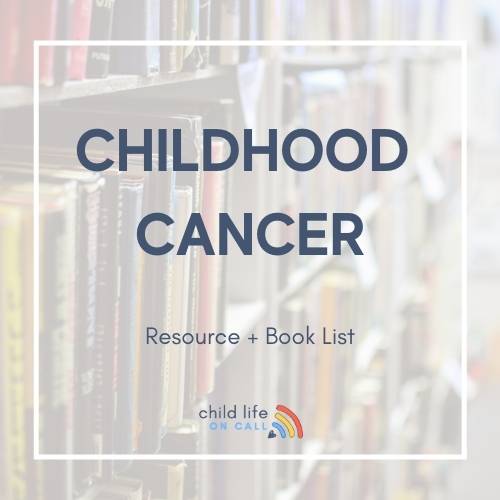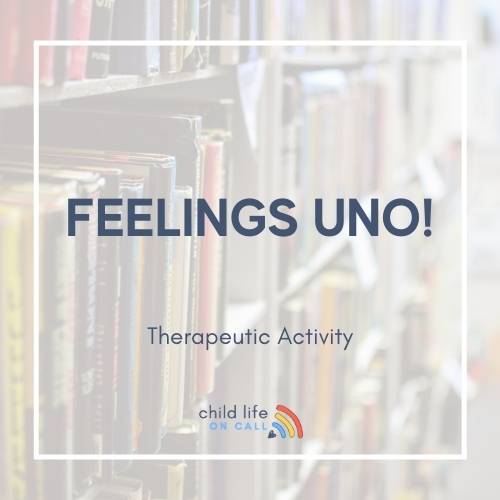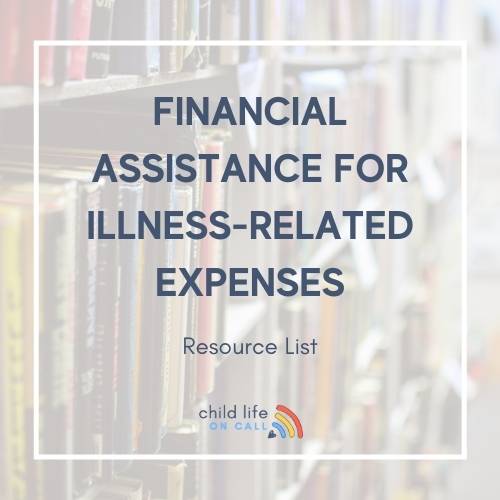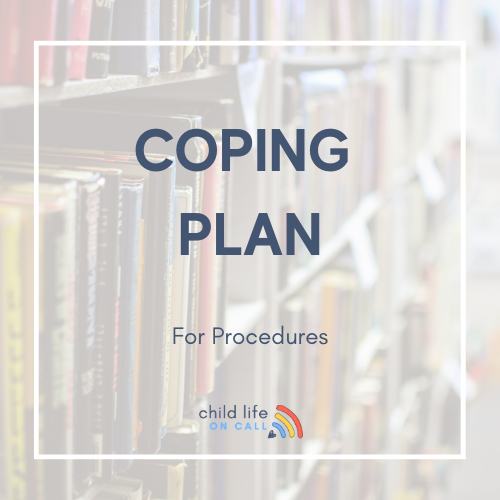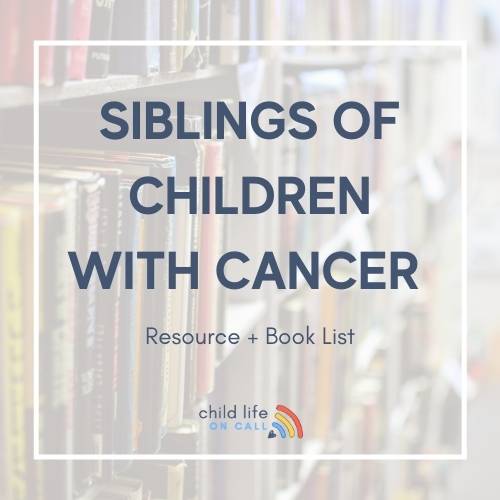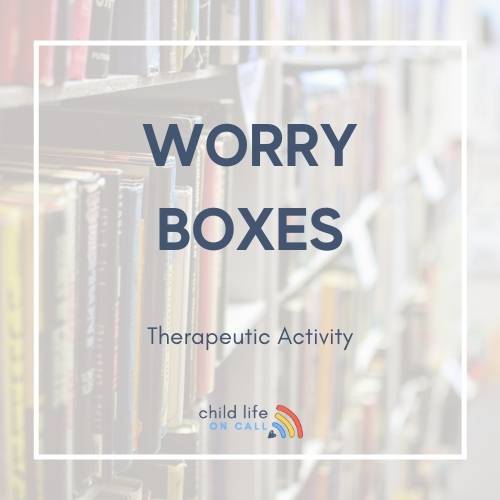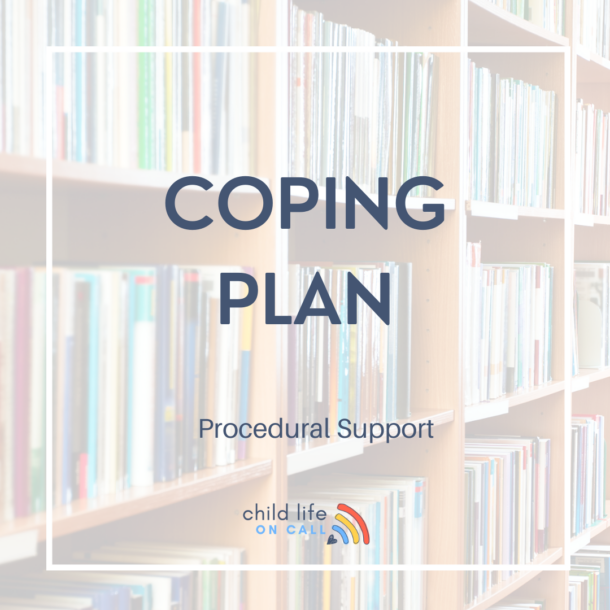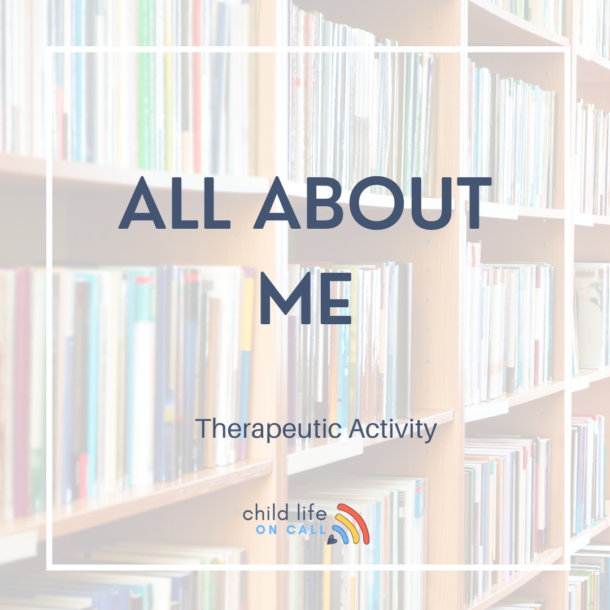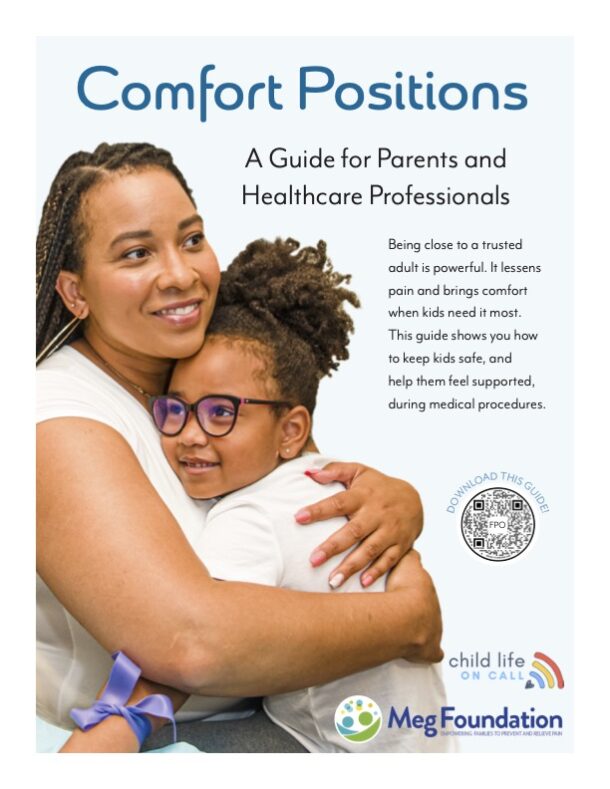April is Child Abuse Prevention Awareness Month. We have reposted this episode to bring awareness and give you tangible tools to speak with your kids about child abuse. Today’s guest expert is Jane Donovan, who is a child abuse prevention advocate. "And like we say in...
Episode 94 | Moira’s Story: Kids with Celiac Disease and Migraines
Podcast Show Notes
In this episode, we talk about…
Today I get to introduce you to Moira, the host of Surviving the Waiting Room – a podcast based on her experiences from learning how to be an advocate for her teenage children as they started to figure out their health issues. Although they have diagnoses now, there are no exact tests for Celiac Disease or migraines, so Moira has gotten really good at finding people to help give her information. She has a lot of value to share about getting answers for your kids as well as about relating to teenagers and supporting them as they grow into young adults.
In this episode, we talk about…
[1:29] An introduction to Moira and her family
Moira shares that she never thought she would have kids. Then she met her husband, and they had a whirlwind romance – they were engaged within 10 months, and they were each other’s best friends immediately. They waited about three years before they tried to have kids, and then they had difficulty getting pregnant. Through IVF, they had their first daughter. They experienced a miscarriage after her, and then they had their second daughter.
[2:43] Getting a diagnosis of Celiac Disease
As her daughters got a bit older, she started noticing some things that seemed strange to her. Her oldest daughter threw her back out for the first time when she was seven years old, just from standing up from sitting. So, she has been seeing a chiropractor since she was seven. Around the same time, she started having a lot of stomach issues. Moira always had stomach issues as well, and doctors had blown her off for years. Doctors tried to blow them off at first, but eventually they put her on an elimination diet. It turns out, Moira’s oldest daughter has Celiac Disease – and so does Moira.
They had to grieve going to the supermarket and easily picking anything they wanted to eat, but they did learn to adjust. From there, little health issues kept adding up for her daughter. She experienced dislocations, shin splints, or sever’s disease … some odd things here and there. Her pediatrician said that some kids just tend to get hurt more easily.
[4:51] Puberty and health problems
Looking back on it, Moira thinks that puberty really triggered more intense issues for her daughters. Doctors could no longer ignore the problems. Her oldest daughter started to experience severe anxiety and panic attacks, to the point that she was unable to speak. She would stutter uncontrollably, and ultimately she would have to use text to talk when she was experiencing an attack.
[5:44] Experiencing migraines
Her youngest daughter started to experience migraines when she got into middle school. She has a high pain tolerance, but even she couldn’t ignore the headaches. Over the years, they tried infusions, acupuncture, and medication, and never found a solution.
Moira recalls that it seemed like one issue would calm down for one daughter, and then an issue would pop up for the other. Her oldest daughter’s anxiety would get under control, and then her youngest would get a migraine. She and her husband saw how debilitating these issues were for their daughters. They couldn’t go to sleepovers, or do other things that typical teens do, for fear of triggering a panic attack or a migraine. Moira knew her daughters were smart and she and her husband saw bright futures for them, but they knew they had to get past these health hurdles.
[7:41] Finding answers for unexplained medical issues
The summer before her oldest daughter started her senior year of high school, she was at a rehearsal and dropped to the ground like a rag doll. The next day, she went back to rehearsal and they wheeled her around in a wheelie chair. They thought maybe it was a random virus, as it seemed so out of the blue. By the third day, Moira took her to the doctor.
The doctor ran a bunch of tests and said that everything came back normal. She suggested to Moira that her daughter was experiencing psychosomatic issues causing her limp muscles. She encouraged Moira to bring her daughter to a therapist.
Her daughter already had a therapist due to her anxiety, but Moira didn’t believe that it was all psychosomatic. They went through months of tests, and her daughter’s condition continued to deteriorate. She developed a heart murmur, she lost feeling in 90% of her skin, and her cognitive ability declined. She couldn’t talk, she couldn’t open her eyes, and her thinking became slow and arduous.
Some days, she would be fine, and they would think they had made it over the hurdle. Then it would come back with a vengeance. They had to change insurance companies and start over with a new pediatrician, and they found one who also happened to be a geneticist. This doctor looked at both of Moira’s daughters and assured them that they would figure it out.
When you’re at a loss, you just want answers. You want to hear what others have gone through, and you want to see what has been done before. You want to advocate for yourself and for others if no one else is going to do it.
[11:28] Getting a diagnosis of Chronic Fatigue Syndrome
From her research, Moira brought the idea of Chronic Fatigue Syndrome to the pediatrician. It seemed to fit, but as they were only three months into the issue she could not get an official diagnosis until it had been six months. She gave her the preliminary diagnosis, and Moira started working on getting her daughter a 504 plan for accommodations in school in order to participate with her peers.
There are no definitive tests for Chronic Fatigue Syndrome. All the tests they had done were coming back normal. Her daughter was able to request a wheelchair so she could go to school, and Moira shares how she had to come to grips with the fact that she was “sick enough” for that. She is partially disabled. For many days, she would be fine, but there were days when she was bedridden or really needed those additional supports.
[13:14] Invisible illness
With issues like Chronic Fatigue Syndrome, these are invisible illnesses that you can’t see just from looking at someone. It doesn’t make it any less real, and Moira has experienced this with both of her daughters. She has had to advocate for her daughters to get what they need, and she has also had to encourage her daughters as they deal with conditions while comparing themselves to others who may be more visibly disabled.
Moira was able to find online support groups for her daughters’ conditions, and this led her to a chronic fatigue specialist in New York City. This doctor was able to get her daughter on the correct medications and supplements, and within a month she was able to walk for her graduation in the 90-degree weather.
[16:50] Treatment for Chronic Fatigue Syndrome
Moira’s daughter has mild to moderate chronic fatigue. In the beginning she had some severe days, but generally it is mild to moderate. Her specialist determined that it was brought on by a virus, and then they started giving her super high doses of medications to make the virus more dormant.
At one time, her daughter was taking 20 pills three times a day, and that lasted until she went away to college. She became more lax with taking her medication once she wasn’t living at home anymore, and then she had a huge relapse at school. Now she has learned to take her medications, and she is aware of which medications address the symptoms that are manifesting on certain days. She also now has other conditions that are comorbid with chronic fatigue, including mass cell activation, fibromyalgia, Hashimoto’s disease, Sjogren’s syndrome, and endometriosis. Currently, the other conditions are more prominent for her than the chronic fatigue, so she is taking medication to address all of that as well.
[19:04] Supporting teenaged and adult children with medical conditions
Moira shares an epiphany that she had while meditating. She realized that her teenage daughters are normal, which is a blessing and a curse. Typical teenagers with no issues whatsoever do whatever they want, and why would her daughters be different just because they have medical conditions? Parents have to teach children how to be self-sufficient adults. They have to learn to do the laundry, and they have to learn to take care of themselves.
Her oldest daughter learned this lesson when she went off to college, and Moira pointed out that her first instinct should not always be to go to the hospital. She has to take care of herself in a preventative way so that she doesn’t have to get to that point.
[21:11] Ehlers-Danlos Syndrome
Her youngest daughter was just younger when her medical conditions were discovered and treated. They also both have hypermobile Ehlers-Danlos syndrome, a genetic disorder making them super flexible and contributing to the pain they experienced when they were younger.
Moira’s youngest daughter knows that physical therapy works for her, and she understands that if she does the routines and takes her medication that her migraines are less likely to bother her. Moira and her husband didn’t have as much time to instill these habits into their oldest daughter before she left for college.
[22:46] Self-care as the mother of children with chronic illnesses
Before her daughters’ health issues became really prominent, Moira had trained as a coach and a Reiki master. These skills she had honed doing that helped her so much to keep communication with her girls and her husband open. Reiki is energy healing through human touch. It really works with balancing out your system, releasing excess toxins, and purposely bringing in healing. Moira practices it every day for at least 20 minutes in the morning along with her meditation. She does a longer session on Saturdays.
When her daughters were younger, they would ask for Moira to give them Reiki as well. They would sit down and watch TV, and Moira would be able to feel the balance they needed or the anxiety they needed to release.
[25:18] How these experiences changed Moira
Moira used to be a controlling person, and she had a lot of anger inside of her. Every parent does the best they can, and every child interprets it differently. Even if she has a perfect day, she knows her kids don’t interpret it that way. So she has learned to give herself and others grace, and help her daughters to do the same.
Watching her girls experience their invisible illnesses has also made Moira more aware of these issues. They’re so easily written off by so many professionals, let alone by other ordinary people in the world. She advocates for believing in what others are experiencing and understanding that they are real for the people with these conditions. If something doesn’t feel right, we need to take care of them and we need to look into it more.
Moira recalls that several years ago, she was sitting on her oldest daughter’s bed before she was diagnosed with Celiac Disease. She thought to herself, ‘I’ve been sucking it up for 38 years. You can too.’ In that moment, it came to her: Why should her daughter have to wait for 38 years? Something can be done now.
[29:49] Considerations when sharing medical information about your children
Moira frequently speaks with people about their young children’s medical issues and knows that people worry about sharing too much. In her social media, Moira says that she does not share anything about her daughters. She did get permission to say what conditions they have, and that is a recent development.
Moira encourages parents to let their children take the lead with what they want shared as part of their story. She notes that she can tell her story as a parent, but she doesn’t have to tell her daughters’ stories.
Connect with Moira:
Have you heard? The Child Life On Call mobile app for parents, kids and their care team will be available in 2022. Sign up to stay informed here
Child Life On Call is a community of parents and professionals that share ideas, stories and resources to help YOU navigate your child’s unique experiences. We give you strategies to support yourself and your family through life’s challenges. We are so glad you are here.
Child Life On Call | Instagram | Facebook | Twitter
You Might Also Like…
215: Ruptured Appendix: Emergent Surgery, 6 Days in the Hospital & Struggles to Discharge
"I've learned so much in this whole process. It's like you have a depth inside of you that resurrects as an advocate and high alert, and it lives inside of you when you need it." -Aspen, Willa's Mom In this episode of Child Life On Call, host Katie Taylor and guest...
214: Sacrifice, Advocacy, Joy: Raising a Son with End Stage Kidney Disease – The Ransome Family’s Story
"Sometimes it's really therapeutic though to remember all that you have gone through because I feel like there are times when we look at each other and I'm like how did we get here?" Taylor Ransome We're grateful for our sponsor for this episode, Nestle Health...

